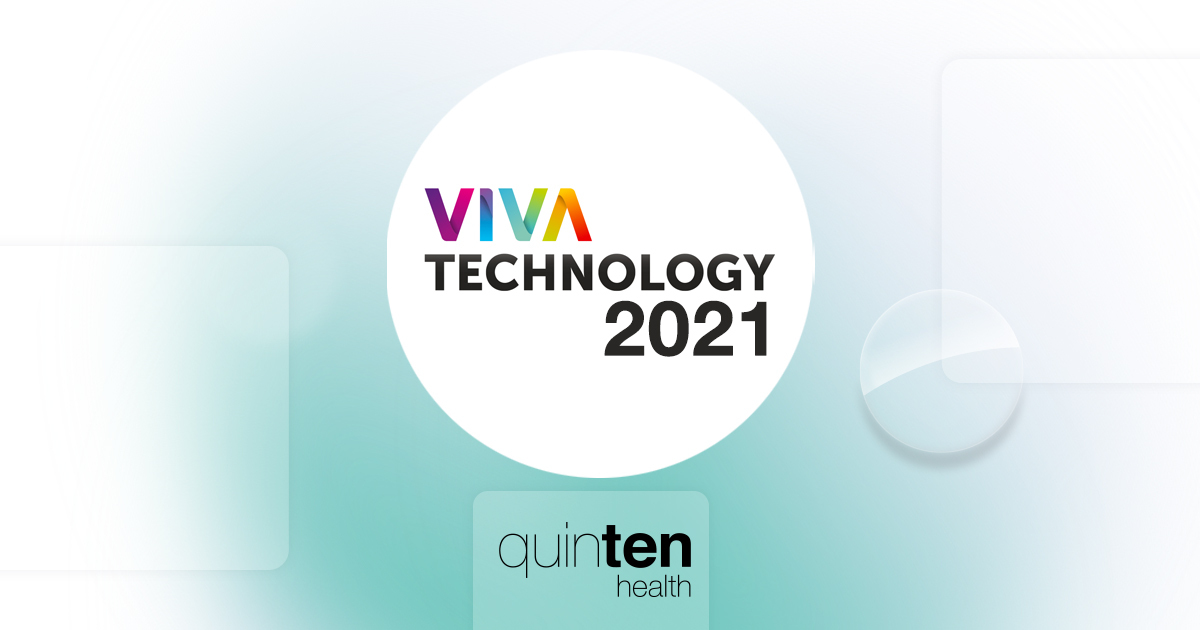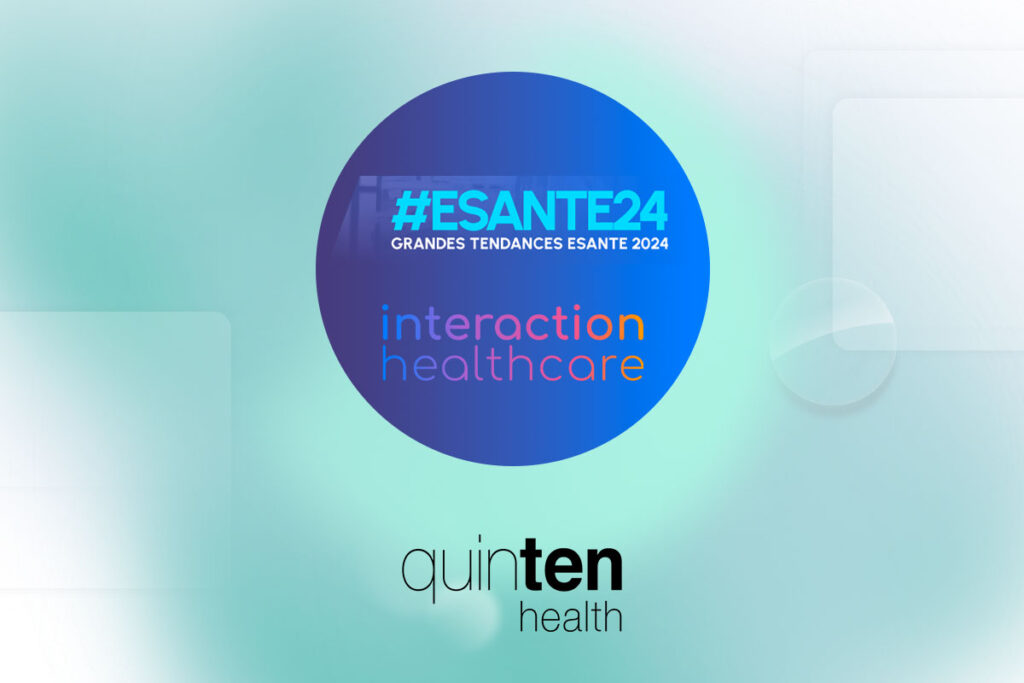We attended Viva Tech 2021 at Sanofi’s booth where we were invited as a preferred partner in artificial intelligence (AI) applied to healthcare. After four days full of productive discussions, we would like to highlight three insights on how AI can be used to create value for a pharmaceutical company.
AI can accelerate and advance precision medicine
AI helps accelerating drug development while improving patients’ treatment pathways and outcomes.
One outstanding example we saw during VivaTech was given by Medvir, a start-up, which developed an application for disease self-diagnosis. Patients type in their symptoms, they are then tagged with a diagnosis suggested by an algorithm which learned how to recognize diseases, and are then routed to a physician. This process substantially reduces time to diagnosis, by supporting physicians beyond their medicine specialties e.g. with uncommon diseases detection.
In addition, as showcased by Quinten Health, modelling patient diseases with AI, from diagnosis to progression and care, provides simulations capabilities to better characterize patients phenotypes, decipher the best treatment strategies, and simulate the response to treatment of each specific patient. Based on these learnings, it becomes possible to make treatment prescriptions very specific to homogenous groups of patients showing similar conditions, symptoms or progression rate.
Here is the first take-home message from VivaTech: AI is key in the understanding of diseases and the development of treatments.
The ecosystem is ready to decrease time-to-market with AI
While AI has already showed for years how it can accelerate R&D in healthcare, the covid19 pandemic enhanced the need to scale up its use for shortening time-to-market.
Indeed, developing a drug – or a vaccine – and launching it on the market is a complex journey. It can take 7 to 10 years for a drug to be developed. This time can be reduced:
- When pre-existing technologies or treatments can be re-purposed: This was the case for covid19 as the coronaviruses had been researched for decades and the pharmaceutical companies had been working on mRNA technology.
- When AI is applied For example, Janssen used AI to predict covid19 evolution around the world and uncover the next high-risk areas. Conducting trials in those regions allowed them to reduce time to prove the efficacy of their vaccine.
Regulatory compliance remains essential to enable the use of such approaches and to promote data access at scale. The covid19 vaccine experience proved the ability of regulators to adapt and support science in real-time to fast-track vaccines approval.
The second take-home learning from Vivatech is that conditions are now met to translate research acceleration into life-saving time-to-market reductions, thanks to AI.
Digital challenges and opportunities for Sanofi R&D in France
Jacques Volckmann
To benefit from AI, pharmaceutical companies need to upgrade on key capabilities
To benefit from AI, pharma companies need to integrate dedicated know-how and technologies in their business processes.
This is not only about onboarding the required technical skills (e.g., on data science, data engineering) but even more about making possible and scalable the seamless integration of business and medical teams and processes with AI capabilities. In the mutation « from scientists to data scientists » (Vivatech2021), those AI capabilities should be integrated, but in any case, will not replace the more standard scientific capabilities (biological, physiological, chemical, medical) driving the pharmaceutical business.
Successful AI capability building and integration relies on two pillars:
- First, internal AI capabilities should be developed through acculturation and training. Individuals who will most benefit from such training will then be able to make the link between pharmaceutical teams and pioneering companies in this field, with which big pharma companies will partner with – and the choice of these partners will be critical for success.
- This is the second pillar. Indeed, with the help of such companies, AI integration will be accelerated, smoothly integrated to the multiple internal teams and demonstrate significant impact across the value chain.
Developing drugs in the digital age: when scientists become data scientists
Eric Genevois-Marlin
https://www.bcg.com/publications/2020/how-the-pandemic-is-redefining-clinical-development
https://news.mit.edu/2021/behind-covid-19-vaccine-development-0518










